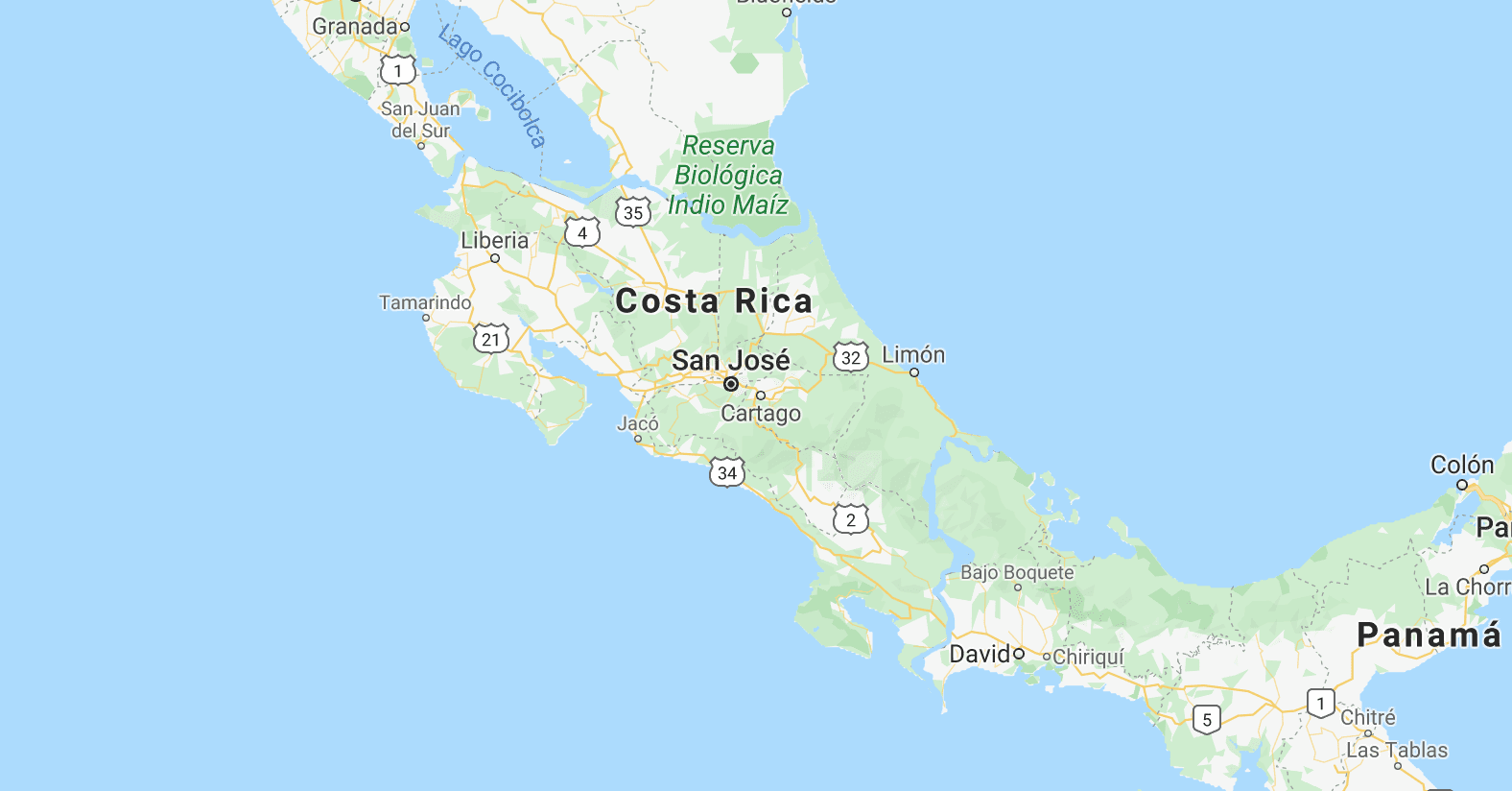Costa Rica, a tropical paradise nestled in Central America, is not only renowned for its picturesque landscapes and biodiversity. It is also celebrated for its vibrant and distinct cultural identity, which finds expression through its rich language and unique Spanish slang.
In Costa Rica, Spanish slang has undergone a fascinating transformation, reflecting the dynamic nature of the country’s culture.
Join us on a captivating exploration as we delve into the fusion of Spanish slang with Costa Rican culture. Discover how these linguistic expressions have seamlessly interwoven into daily life and become a vital aspect of the country’s identity, beckoning people to experience its allure.
– Advertisement –
Origins of the Slang and Its Cultural Influences
Costa Rican slang, commonly referred to as “tiquismos” or “pachuquismos,” holds a rich history deeply rooted in the vernacular of the country’s diverse communities.
The Spanish language, despite being the official language, has been influenced by indigenous languages, African heritage, colonialism, and regional dialects. These diverse influences have given rise to a unique and vibrant slang that became an integral part of language in Costa Rica.
The indigenous populations, primarily the Bribri and Cabécar communities, have contributed vocabulary related to nature, traditional practices, and local customs. Meanwhile, the African influence can be seen in the use of rhythm, intonation, and specific words derived from the Afro-Caribbean culture that migrated to Costa Rica.
Through this interplay, Spanish slang found its way into everyday conversations, infusing the Costa Rican dialect with distinctive expressions, idioms, and nuances that are still prevalent today.
Due to its informality and the need to use contexts, these Spanish slang words may end up having multiple meanings, making it difficult for a second language learner to understand despite having extensive studies in learning Spanish.
Youth Culture and Globalization
From its origins, the unique blend of language from different cultures is then further developed by the youth culture in Costa Rica.
– Advertisement –
The influence of music, movies, social media, and the internet has brought global slang into the local lexicon. English phrases, “Spanglish,” and online abbreviations have found their way into Costa Rican slang, as the younger generation embraces linguistic fusion and seeks to define their own unique identity.
While some scholars argue that Spanglish is a threat to both the Spanish and English languages, others see it as a powerful tool of identity and communication that is suited for the modern era. Regardless of one’s opinion about Costa Rican Spanglish, it is indisputable that the blending of English and Spanish is beneficial for foreigners who are navigating the complexities of the Spanish language in context.
Hence, if the government aims to enhance Costa Rica’s tourism, perhaps promoting the use of ‘Spanish slang’, especially when dealing with foreigners and second language learners, is not such a detrimental idea after all.
Class and Social Identity
Another factor that contributes to the Spanish slang in Costa Rica is the connotation of social class and identity.
– Advertisement –
Historically, lower-class communities have played a significant role in shaping the country’s slang. However, in recent years, slang has transcended class boundaries, becoming more widely accepted and used by people from various social backgrounds as a way to express solidarity, humor, and authenticity.
Modern Expressions and Adaptation
As Costa Rica continues to evolve into the modern era, so does its Spanish slang.
With the advent of technology, social media, and globalization, new slang words and expressions have emerged, reflecting the changing social dynamics and embracing the wider Spanish-speaking world. Phrases and words related to technology, environmental issues, political events, and pop culture emerge and have found their way into everyday lexicon.
These contemporary Spanish lexicons have then greatly facilitated the language learning journey of non-native Spanish speakers, keeping them captivated and helping them delve deeper into their linguistic exploration instead of merely relying on formal language learning methods. By mastering the slang, learners not only gain a profound understanding of the Costa Rican culture but also further their overall language proficiency.
The continuous transformation guarantees that Costa Rican Spanish slang stays alive and vibrant within the ever-changing linguistic terrain of the country. This not only allures individuals to delve into its slang but also encourages them to immerse themselves in the captivating culture it embodies.
Continuous Evolution of Spanish Slang in Modern Costa Rica
The evolution of Spanish slang in Costa Rican culture is a testament to the vibrancy and adaptability of the local language.
Influenced by a mix of indigenous, African, colonial, and global influences, Costa Rican Spanish slang has grown and transformed over time, reflecting the country’s dynamic cultural landscape. It serves as a unique expression of identity, a means of connecting with others, and a tool for social commentary.
Understanding the evolution of Costa Rican slang allows us to appreciate the intricacies of language and the profound impact it has on shaping culture and society. So if you intend to learn the Costa Rican Spanish slang, learning it through formal methods is not enough as you definitely need to learn it by interacting with the locals and fully experiencing the Costa Rican culture.
– Advertisement –
Source link
Carter Maddox



